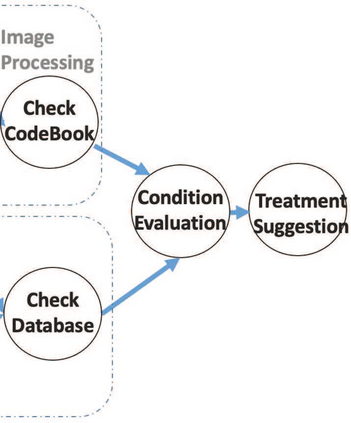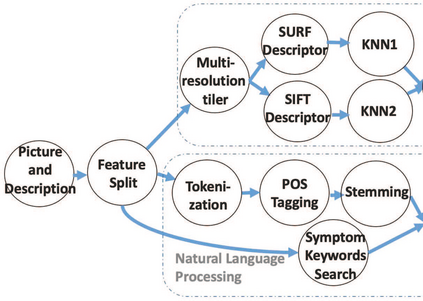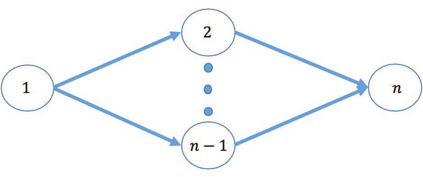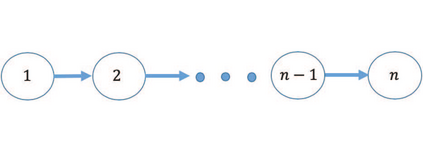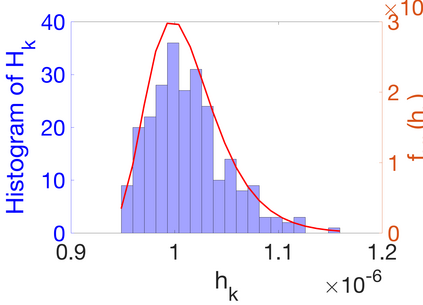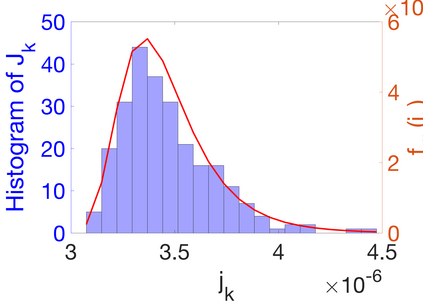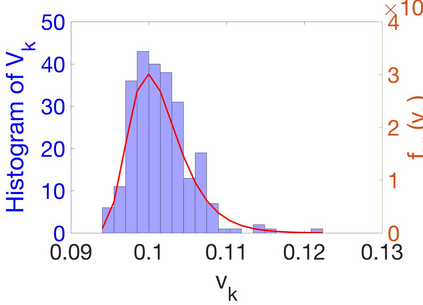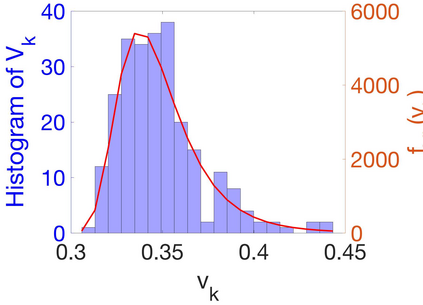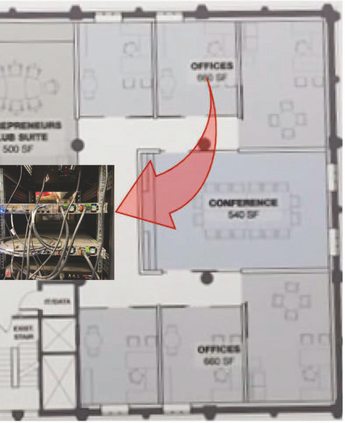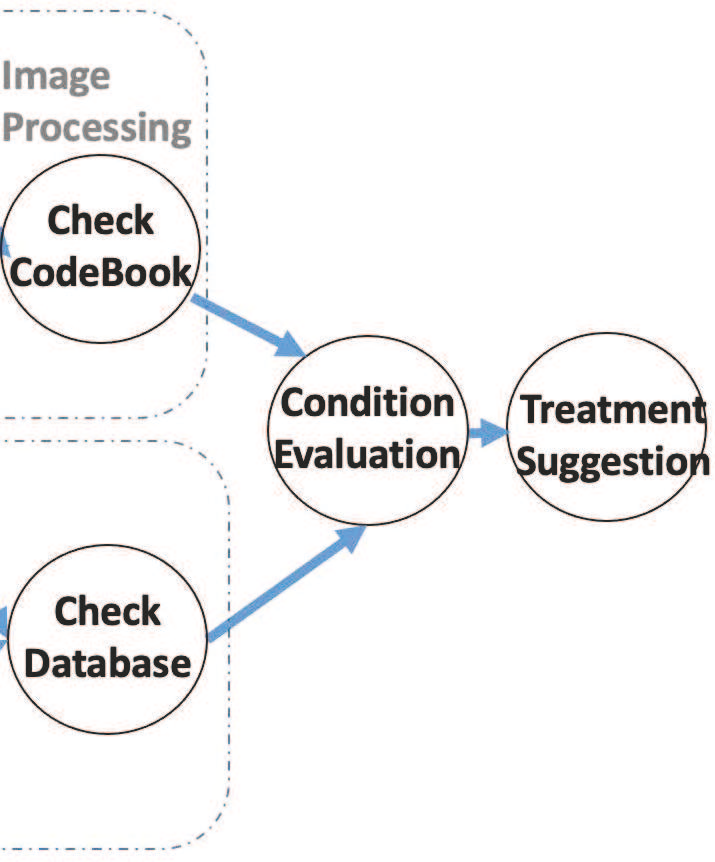Computation offloading is indispensable for mobile edge computing (MEC). It uses edge resources to enable intensive computations and save energy for resource-constrained devices. Existing works generally impose strong assumptions on radio channels and network queue sizes. However, practical MEC systems are subject to various uncertainties rendering these assumptions impractical. In this paper, we investigate the energy-efficient computation offloading problem by relaxing those common assumptions and considering intrinsic uncertainties in the network. Specifically, we minimize the worst-case expected energy consumption of a local device when executing a time-critical application modeled as a directed acyclic graph. We employ the extreme value theory to bound the occurrence probability of uncertain events. To solve the formulated problem, we develop an $\epsilon$-bounded approximation algorithm based on column generation. The proposed algorithm can efficiently identify a feasible solution that is less than (1+$\epsilon$) of the optimal one. We implement the proposed scheme on an Android smartphone and conduct extensive experiments using a real-world application. Experiment results corroborate that it will lead to lower energy consumption for the client device by considering the intrinsic uncertainties during computation offloading. The proposed computation offloading scheme also significantly outperforms other schemes in terms of energy saving.
翻译:移动边缘计算(MEC) 计算卸载是移动边缘计算(MEC) 所不可或缺的。 它使用边际资源来进行密集计算和节省资源限制装置的能量。 现有的工程通常对无线电频道和网络队列尺寸进行严格的假设。 但是, 实用的MEC系统存在各种不确定因素,使得这些假设不切实际。 在本文中, 我们调查节能计算卸载的问题, 放松这些共同假设, 并考虑到网络内在的不确定性。 具体地说, 我们在执行以定向环球图为模型的时间临界应用程序时, 将当地设备最坏的预期能量消耗降到最低。 我们使用极值理论来约束不确定事件的发生概率。 为了解决所提出的问题, 我们开发了以柱体生成为基础的以美元为限制的近似算算法。 拟议的算法可以有效地找到一个低于最佳方法的1+\ eplon$的可行解决办法。 我们实施了关于安非机械智能手机的拟议计划, 并使用现实世界应用程序进行广泛的实验结果可以证实它将导致客户装置的能源消耗量减少, 考虑在计算其他能源节省时的内在不确定性。
相关内容
- Today (iOS and OS X): widgets for the Today view of Notification Center
- Share (iOS and OS X): post content to web services or share content with others
- Actions (iOS and OS X): app extensions to view or manipulate inside another app
- Photo Editing (iOS): edit a photo or video in Apple's Photos app with extensions from a third-party apps
- Finder Sync (OS X): remote file storage in the Finder with support for Finder content annotation
- Storage Provider (iOS): an interface between files inside an app and other apps on a user's device
- Custom Keyboard (iOS): system-wide alternative keyboards
Source: iOS 8 Extensions: Apple’s Plan for a Powerful App Ecosystem

